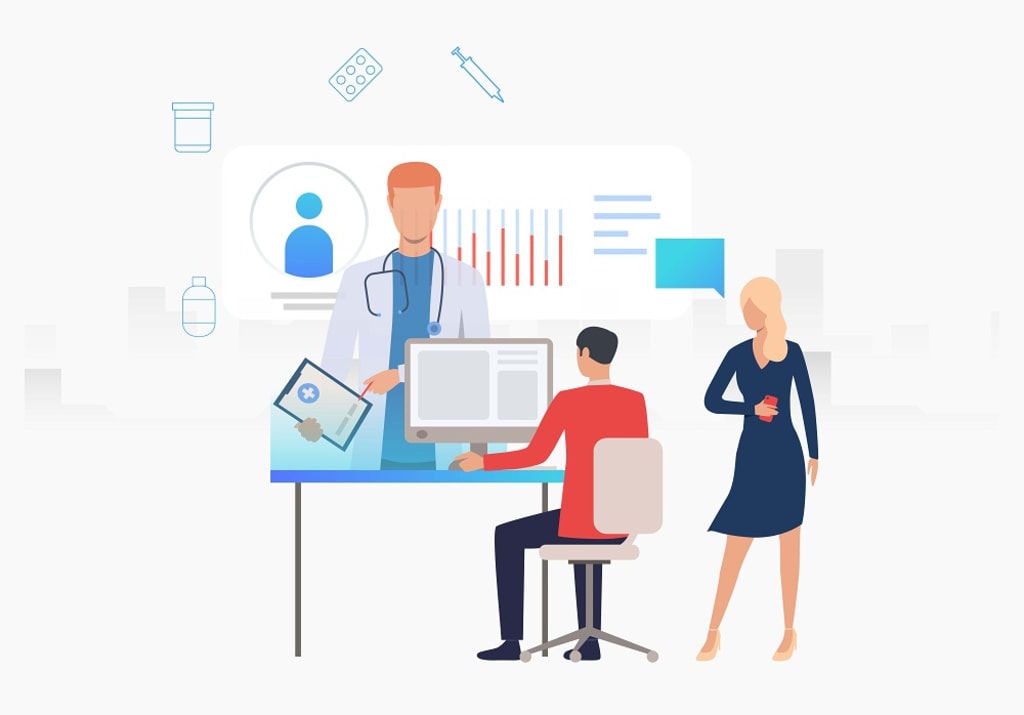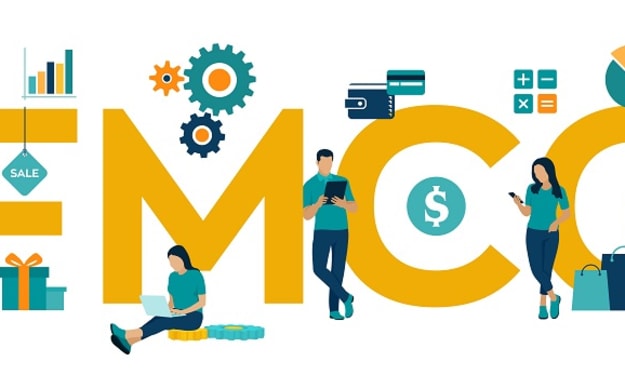Healthcare Software: Key Types and Why You Need Them
Classifications of Different Healthcare Software Curating Beneficial Landscape in 2023

The world of healthcare has been subjected to intense change over the past decade or so, thanks to the prevalence of highly advanced technologies. It has completely transformed how patients receive treatment. As more and more hospitals see the benefit of the digital realm in their operations, they wonder how to implement such an implementation, i.e., which healthcare software will allow them best to leverage the many benefits of the digital realm. By 2023, the healthcare industry will continue to adopt and develop various software applications to improve patient care, operational efficiency, and data management.
Here are some of the main categories of healthcare software in use today:
- Electronic Health Record (EHR) Software
- Practice Management Software
- Telemedicine Software
- Patient Engagement Software
- Medical Imaging Software
- Healthcare Analytics Software
- Healthcare Compliance Software
While that is a subjective question, the first step is to understand the different types of healthcare software that are currently available in the market:
- Medical practice management software: As the healthcare sector embraces newer digital technologies, medical practice management software are finding a growing number of takers. Why? Such software helps implement an optimal workflow to ensure seamless communication and coordination between patients and healthcare providers. It, in turn, leads to better patient data management along with countless other such benefits.
- EHR (Electronic Health Record) software: One of the most sought-after solutions in the global healthcare software market is EHR, i.e., Electronic Health Record software. The basic idea behind EHR software is to help healthcare facilities maintain detailed records of patients' medical histories, treatment plans, lab test results, and other relevant information. Such software can also streamline tangential processes like billing and payments.
- Hospital management software: Think of hospital software as just an administrative system that helps automate the run-of-the-mill tasks on the daily to-do list. So, functions that involve rudimentary clinical processes and administrative work, i.e., filling in-take forms and scheduling appointments. Hospital management software aims to streamline the hospital's operations and workflow, enable better productivity, reduce errors, and deliver better patient safety.
Now, time to take a look at how such software serves different stakeholders in the healthcare sector, i.e., precisely why hospitals need healthcare software in their operations.
Benefits for patients:
- Better, quicker, and easier access to healthcare providers
- Tend to paperwork and schedule appointments remotely
- Ability to check, track, and store health records online
Benefits for healthcare providers, i.e., doctors:
- Ability to consult and often deliver care to patients without necessitating patients' physical presence in the facility
- Automate and ultimately do away with repetitive mundane tasks such as daily paperwork
- Better and seamless collaboration with other medical experts and administrators across the facility, thus ensuring delivery of quicker and better quality of care to patients
- Optimized execution and management of processes within hospitals
Benefits for hospitals:
- Time savings and a significant reduction in operational costs, thanks to the automation of tasks
- Delivery of substantially improved levels of services and treatment to patients
- Better patient satisfaction rates
- Improved collaboration and coordination among doctors, staff, and departments
These different types of the healthcare software work together to create a more efficient and effective healthcare system, with better patient outcomes and lower costs.
So, as you can see, healthcare software has much to offer to hospitals and other healthcare facilities, healthcare professionals, and the patients they serve. Now, if you are wondering which one of the many different kinds of healthcare software is best suited for your facility, we advise consulting a trusted hospital software development company. Their expertise in this arena will help you both make an informed decision about the type of software and its development.
About the Creator
Ryan Williamson
A professional & security-oriented programmer having more than 6 years of experience in designing, implementing, testing & supporting mobile apps developed. Being techno geek, I love to read & share about the latest updates in technology.






Comments
There are no comments for this story
Be the first to respond and start the conversation.